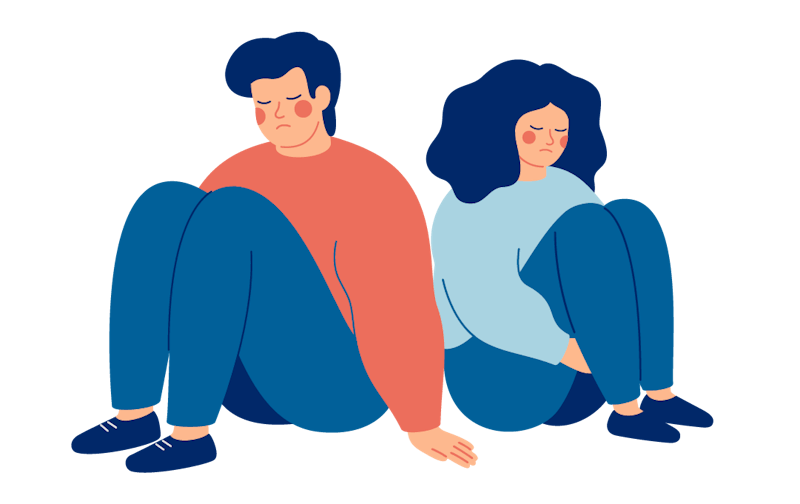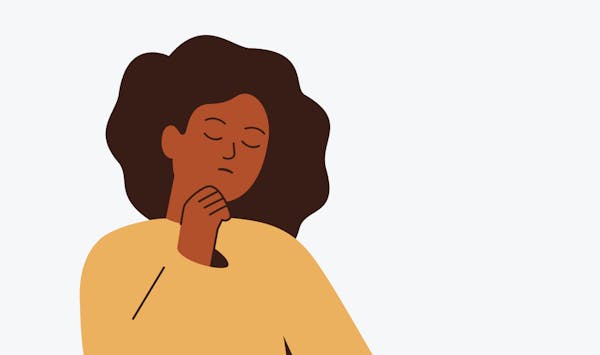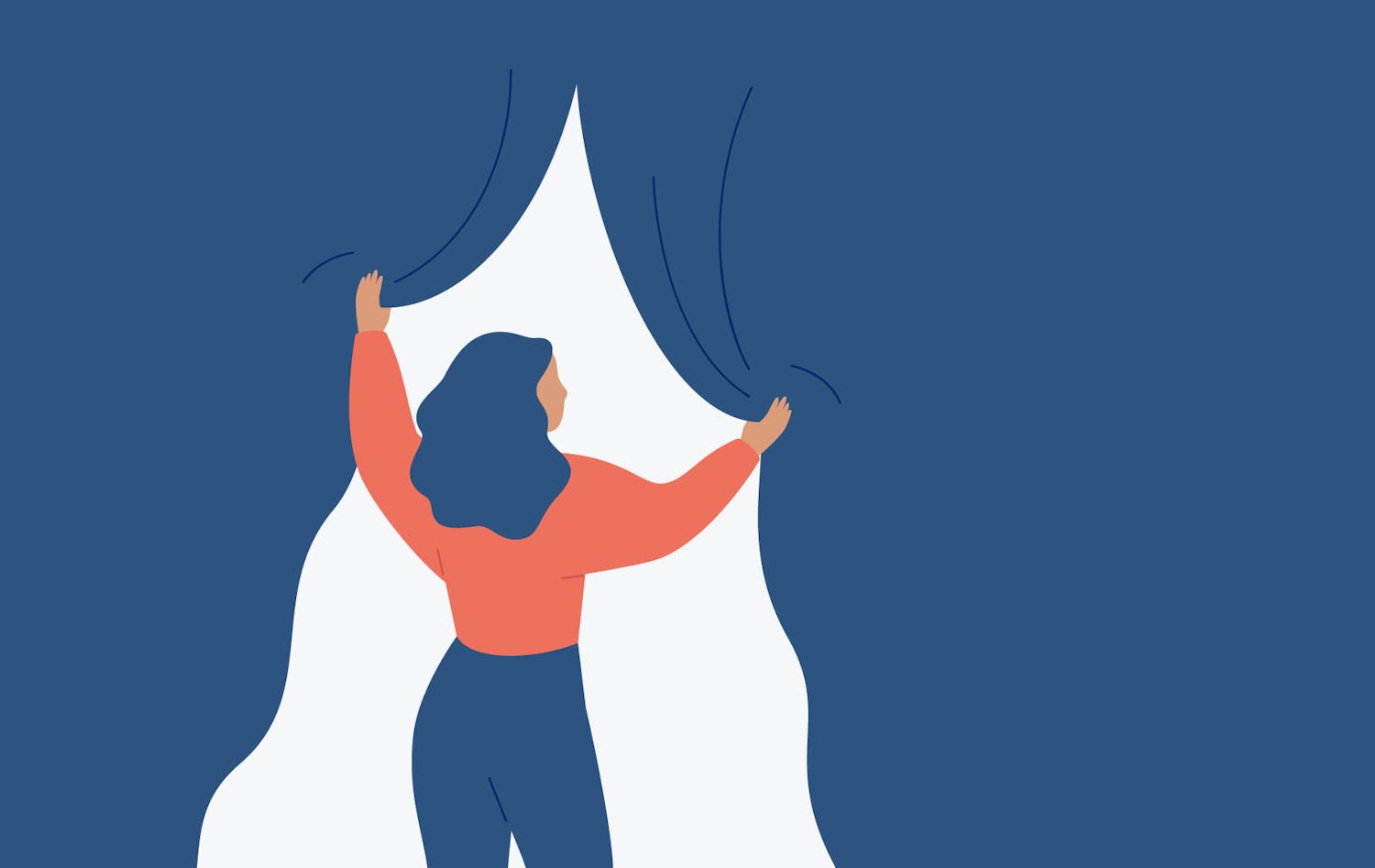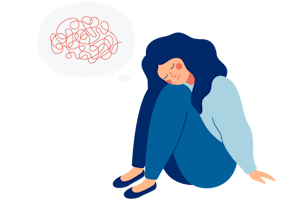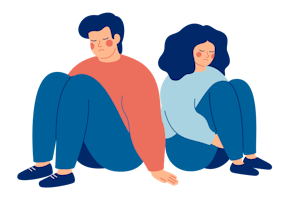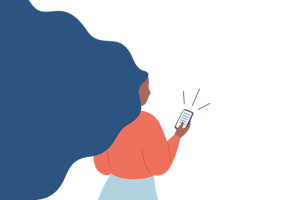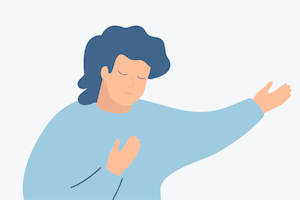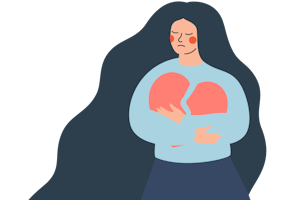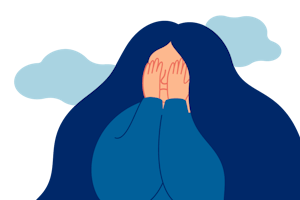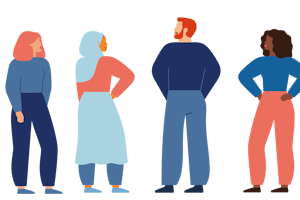Physical abuse and threats are prohibited
When someone hurts you, or threatens to hurt you, it is considered physical abuse and is prohibited in Iceland.
It does not matter whether there is physical harm or not.
It is also physical abuse if someone refuses to provide for your physical needs, like medicine.
There is never any excuse for physically abusing someone.
Emotional abuse often occurs before physical violence begins.
Having to witness abuse is also abuse. Children who witness abuse in their homes experience similar negative effect and as if they have been abused.
